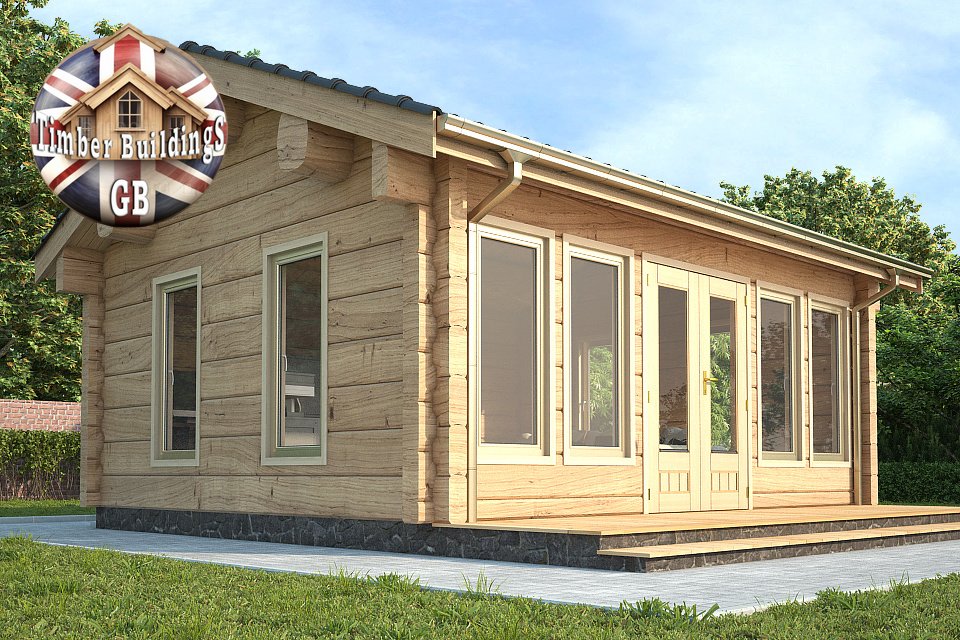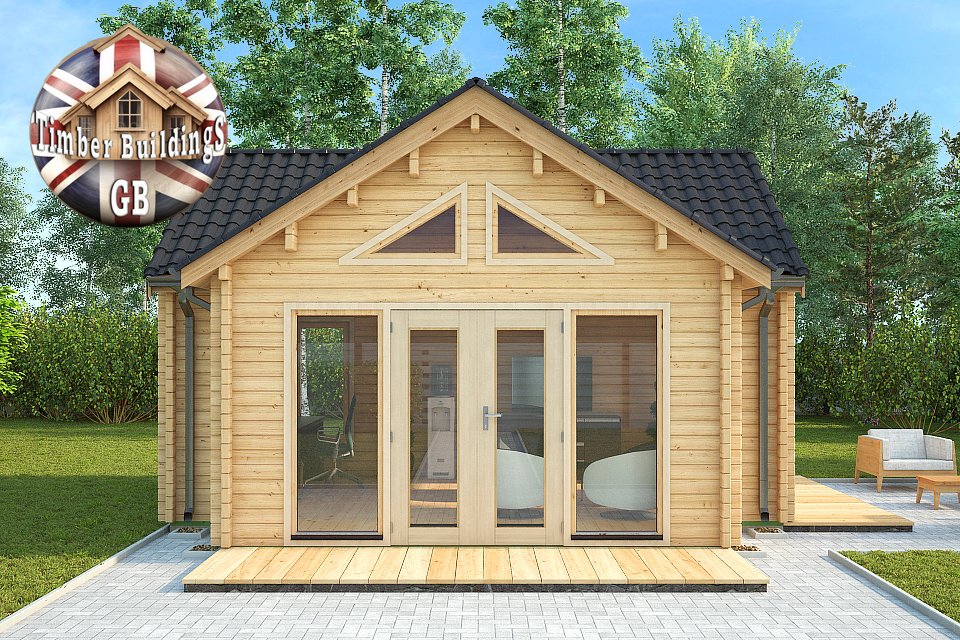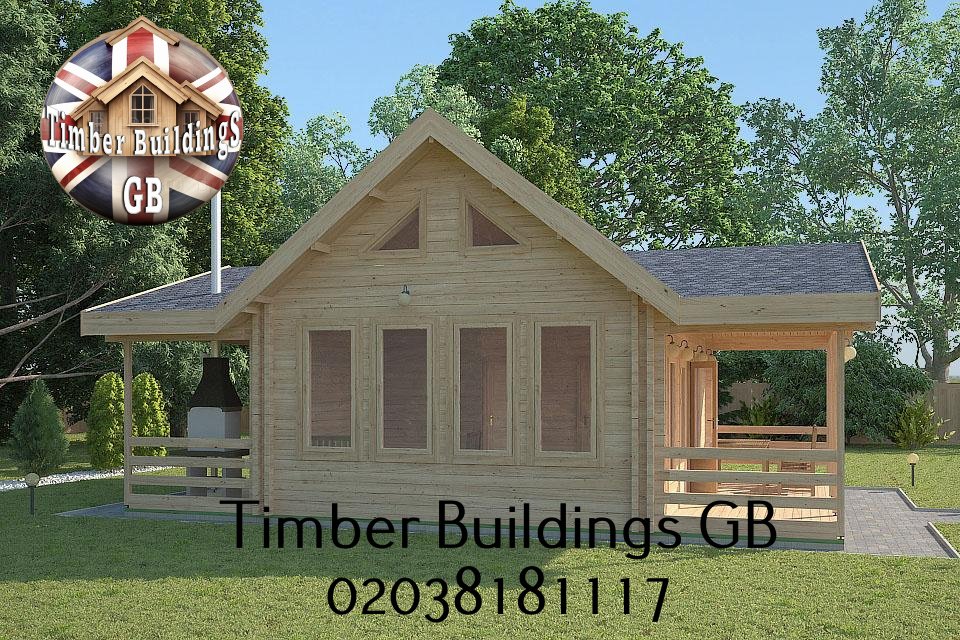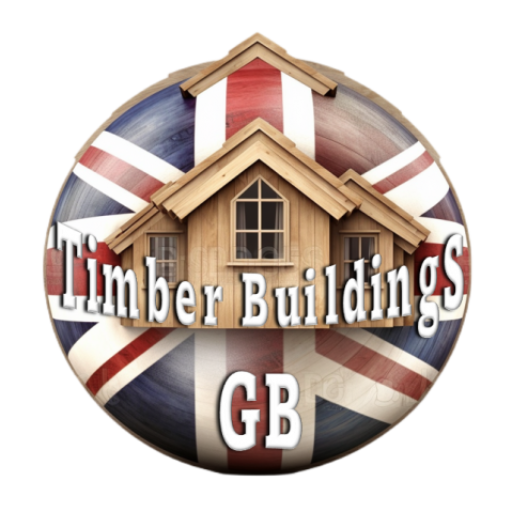Log Cabins in British History
Log cabins in British history are an iconic piece of culture and architecture that is both simple and versatile, reflecting a type of building that has been utilised for thousands of years around the world. Log cabins have a special place in British history since they were originally created by prehistoric and ancient tribal people to provide shelter and a place to call home.

Log Cabins 8000 to 4000 Years Ago
Log cabins have a long history in the United Kingdom, dating back to the earliest forms of human life in the British Isles. Between 8,000 and 4,000 BCE, the UK was part of a wider territory known as Doggerland, which stretched from Germany to the Netherlands and France to Denmark and beyond. Doggerland’s inhabitants would have built their homes out of natural resources such as timber to provide refuge from the weather.
Log Cabins 4500 Years Prior to Today
Around 4,500 BCE, tribal people began to spread over the British Isles, and they began to build more permanent houses out of wood. These log houses were commonly built on steep slopes near rivers or lakes and served as both permanent construction and seasonal residences for the tribes during the migratory months.
Log Cabins and the Celts
The use of logs for construction appears to have been particularly widespread among the Celts. In fact, it is believed that Celts constructed many of the log huts still present in the UK between 500 and 600 BCE. Some, like Scotland’s four-square roundhouses, are thought to be over 2000 years old.
The Celts utilised logs to construct buildings of various shapes and sizes, with the roundhouse being the most frequent. The roundhouses were normally composed of four upright logs with a conical roof supported by timber, known as a crannog. These structures provided shelter and protection from the elements, as well as a place for the Celts to keep their cattle warm and dry and store their valuables.
Log Cabins in Medieval Britain
Moving forward to the medieval period, the rising population of the British Isles continued to use log huts. During the Middle Ages, farmers and other rural people used them as temporary shelters during the winter months. During this time, the characteristic ‘wattle and daub’ construction method became popular, which entailed wattle poles being put in alternating squares and daubed with a mud and clay mixture. This type of construction is still utilised today and is an excellent approach to build a low-cost, structure.

Log Cabins and the People Who Utilise Them
Log cabins have long held cultural significance in the United Kingdom. Gipsies and travellers, for example, frequently used them as a source of refuge while travelling across the country. Silver miners eager to follow their fortunes in the Scottish hills even used log homes in Scotland.
Log cabins can now be seen all over the British countryside. They are a common sight, whether utilised as vacation homes, leisure and luxury retreats, or just as permanent residences. Because only a modest amount of material work is necessary to construct the cabins, the tradition of adopting this basic yet successful building style has lasted throughout the ages. Furthermore, the cabins are quite simple to deconstruct and reassemble, allowing them to be dismantled and relocated with little difficulty.
To Conclude Log Cabins In British History
Log cabins have a long and varied history in the United Kingdom, and they have been an important part of the country’s legacy for generations. From being homes to ancient tribes living in the British Isles since the dawn of time to providing shelter and comfort to people travelling through the country in more recent years, this ageless construction still holds a great deal of significance today. Log cabins not only provide a comfortable place to occupy, but they also add a distinct sense of home-making to the area in which they are located. Whether used as a temporary shelter or a permanent dwelling, as they have for ages, the log cabin stands proudly in the British countryside, a reminder of past times and a symbol of rural life.
Please Give Us a Call to Explore Your Log Cabin and Timber Building Options. +44208133319


